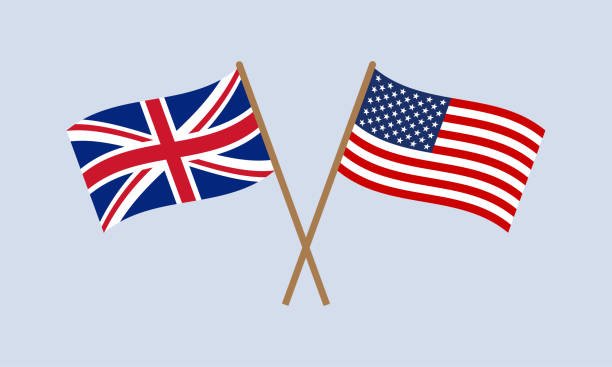On this page, we compare and contrast how legislatures work in a presidential democracy like the United States and a parliamentary democracy like the United Kingdom.
Legislatures play a crucial role in democratic governance, shaping and passing laws that govern a nation. This article aims to compare and contrast the functioning of legislatures in a presidential democracy, specifically the United States, and a parliamentary democracy, namely the United Kingdom. While both systems share the common goal of representing the interests of the people, they differ significantly in their structures, powers, and methods of operation.
Comparing and Contrasting Between the Functioning of Legislatures in Presidential Democracy (United States) and Parliamentary Democracy (United Kingdom)
Structure:
In the United States: The U.S. Congress consists of two houses: the House of Representatives and the Senate. Members of the House are elected directly by the people, with representation based on population size. Senators, on the other hand, are elected at the state level, with each state having two senators regardless of population.
In the United Kingdom: The UK Parliament is a bicameral legislature, comprising the House of Commons and the House of Lords. Members of the House of Commons are elected through a constituency-based system, while the House of Lords is largely composed of appointed members, including life peers and bishops.
Executive-Legislative Relationship:
Presidential Democracy (United States): The U.S. President, elected separately from the legislature, serves as the head of state and the head of government. The President has the power to veto legislation, propose bills, and deliver the annual State of the Union address. The President’s administration is constitutionally independent from the legislature.
Parliamentary Democracy (United Kingdom): The UK Prime Minister, the head of government, is a member of the legislature and is typically the leader of the majority party or coalition in the House of Commons. The Prime Minister and the cabinet are accountable to the Parliament and must maintain its support. The legislature can scrutinize the executive’s actions more directly, and the Prime Minister can be removed through a vote of no confidence.
Role and Powers:
Presidential Democracy (United States): In the United States, the legislature has the power to introduce, debate, and pass bills. Both the House and the Senate must approve legislation before it can be sent to the President for signature or veto. The Congress also has the authority to oversee the executive branch, conduct investigations, and approve appointments, including judicial nominations.
Parliamentary Democracy (United Kingdom): The UK Parliament holds significant legislative power. Bills can be introduced by government ministers or individual Members of Parliament (MPs). The Parliament scrutinizes proposed legislation, debates it, and ultimately votes on its passage. The Parliament also has the authority to pass votes of no confidence in the government, leading to a potential change in leadership or early elections.
Party System and Discipline:
Presidential Democracy (United States): The United States has a two-party system dominated by the Democrats and Republicans. While party discipline exists, individual legislators have more independence and are not bound by party votes. Lawmakers often have their own policy agendas and priorities, leading to a diverse range of opinions within each party.
Parliamentary Democracy (United Kingdom): The UK follows a multi-party system, with the Conservative Party and the Labour Party being the largest. Party discipline is generally stronger, as MPs are expected to vote along party lines. Party leaders exert considerable influence, and members are subject to party whips who ensure adherence to the party’s stance on legislation.
Conclusion:
Although both the United States and the United Kingdom embrace democratic principles, the functioning of their legislatures differs significantly. The U.S. Congress operates under a presidential system, with a separation of powers between the executive and legislative branches, while the UK Parliament functions within a parliamentary system, where the executive is drawn from and accountable to the legislature. Understanding these distinctions is crucial for comprehending the nuances of democratic

